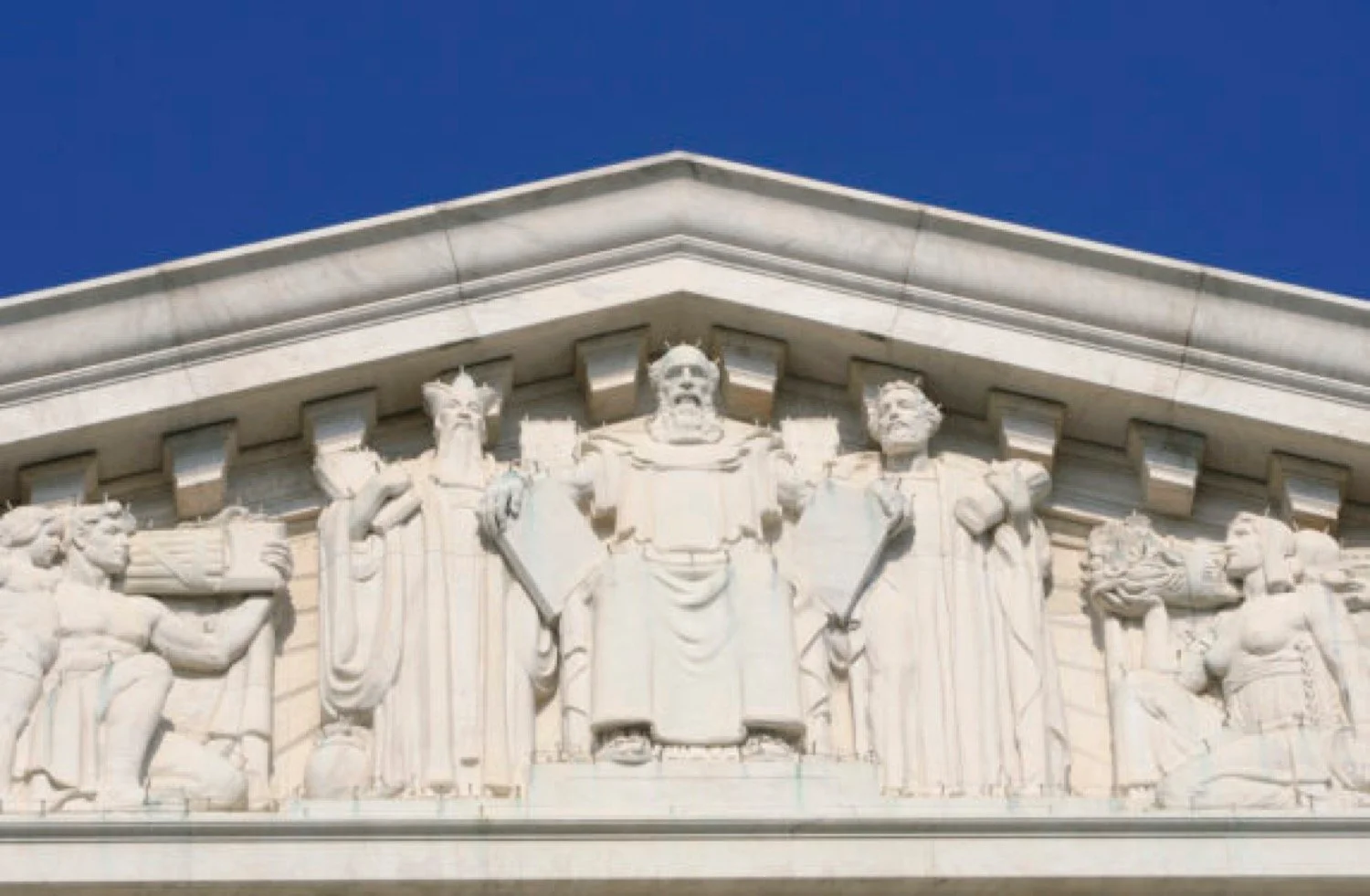Readings for today: Isaiah 1-4
“The vision of Isaiah the son of Amoz, which he saw concerning Judah and Jerusalem in the days of Uzziah, Jotham, Ahaz, and Hezekiah, kings of Judah.” (Isaiah 1:1)
The book of Isaiah begins with a political statement. Everything he says from this point forward (66 chapters!) must be viewed through a distinctly political lens. Uzziah. Jotham. Ahaz. Hezekiah. We know their stories. We’ve just read through their histories in the Kings and Chronicles. We know Uzziah reigned for over fifty years and for the most part remained faithful to God. However, at the end of his life he grew proud and brazenly entered the Temple to offer sacrifices. We know his son, Jotham, reigned for sixteen years and also remained faithful to the Lord but failed to address the nation’s ongoing idolatry on the high places. We know Ahaz reigned for sixteen years and was an evil, faithless king. The entire kingdom suffered under his rule. We know Hezekiah returned to the ways of the Lord, experienced a miracle of healing, but also grew prideful and set his descendents up for disaster when he shows off his riches to the envoys of Babylon.
Isaiah presumably witnesses all of this. He sees it all go past. He lives it. His prophetic career begins at some point during the glory days under King Uzziah and ends at some point during the reign of King Hezekiah. Through it all, he watches his nation shift its allegiance from Yahweh to other gods. He watches his nation descend into cultural chaos as they abandon true worship and true righteousness. He watches the leaders of his nation attempt to reform and revitalize the country. He sees the ups and downs of their efforts. The successes and failures. He sees it all and then offers this Word from the Lord. It is honest. Real. Raw. No holds barred. He confronts. He speaks the truth. He calls out his own people. “Ah, sinful nation, a people laden with iniquity, offspring of evildoers, children who deal corruptly! They have forsaken the Lord, they have despised the Holy One of Israel, they are utterly estranged.” (Isaiah 1:4) “Hear the word of the Lord, you rulers of Sodom! Give ear to the teaching of our God, you people of Gomorrah!” (Isaiah 1:10) “For Jerusalem has stumbled, and Judah has fallen, because their speech and their deeds are against the Lord, defying his glorious presence.” (Isaiah 3:8)
At the same time, he offers hope. He calls them to repentance. He begs them to return to the Lord to find grace and healing and mercy. “Wash yourselves; make yourselves clean; remove the evil of your deeds from before my eyes; cease to do evil, learn to do good; seek justice, correct oppression; bring justice to the fatherless, plead the widow's cause. Come now, let us reason together, says the Lord: though your sins are like scarlet, they shall be as white as snow; though they are red like crimson, they shall become like wool.” (Isaiah 1:16-18) He directs their attention to the glorious day of the Lord when all flesh shall witness the appearance of our God. “It shall come to pass in the latter days that the mountain of the house of the Lord shall be established as the highest of the mountains, and shall be lifted up above the hills; and all the nations shall flow to it, and many peoples shall come, and say: Come, let us go up to the mountain of the Lord, to the house of the God of Jacob, that he may teach us his ways and that we may walk in his paths. For out of Zion shall go forth the law, and the word of the Lord from Jerusalem.” (Isaiah 2:2-3) He calls them back to faithfulness. Back to loyalty. Back to a right relationship with God. “In that day the branch of the Lord shall be beautiful and glorious, and the fruit of the land shall be the pride and honor of the survivors of Israel. And he who is left in Zion and remains in Jerusalem will be called holy, everyone who has been recorded for life in Jerusalem, when the Lord shall have washed away the filth of the daughters of Zion and cleansed the bloodstains of Jerusalem from its midst by a spirit of judgment and by a spirit of burning. Then the Lord will create over the whole site of Mount Zion and over her assemblies a cloud by day, and smoke and the shining of a flaming fire by night; for over all the glory there will be a canopy. There will be a booth for shade by day from the heat, and for a refuge and a shelter from the storm and rain.” (Isaiah 4:2-6)
Once can easily recognize the parallels to our own time. How many of us lament the state of our nation? How many of us lament the moral drift of our culture? How many of us lament the pain and suffering and sin and degredation we see all around us? We lament the encroaching secularism that threatens to push our faith to the margins. And yet, are we willing to confront the deeper questions Isaiah poses? Why doesn’t prayer for our nation fill our homes? Why are so many of our churches struggling with sin? Why do so many of our pastors and priests fall? How have we marginalized our own faith by refusing to share Christ with our neighbors, friends, and co-workers? By not speaking out for justice and righteousness and truth? By not walking in a spirit of love and grace and mercy and humility? Are we not as guilty as the people Isaiah was speaking to? And are we willing to hear his words as the Word of the Lord to us? Are we willing to repent and re-commit ourselves to God’s ways?
Readings for tomorrow: None
